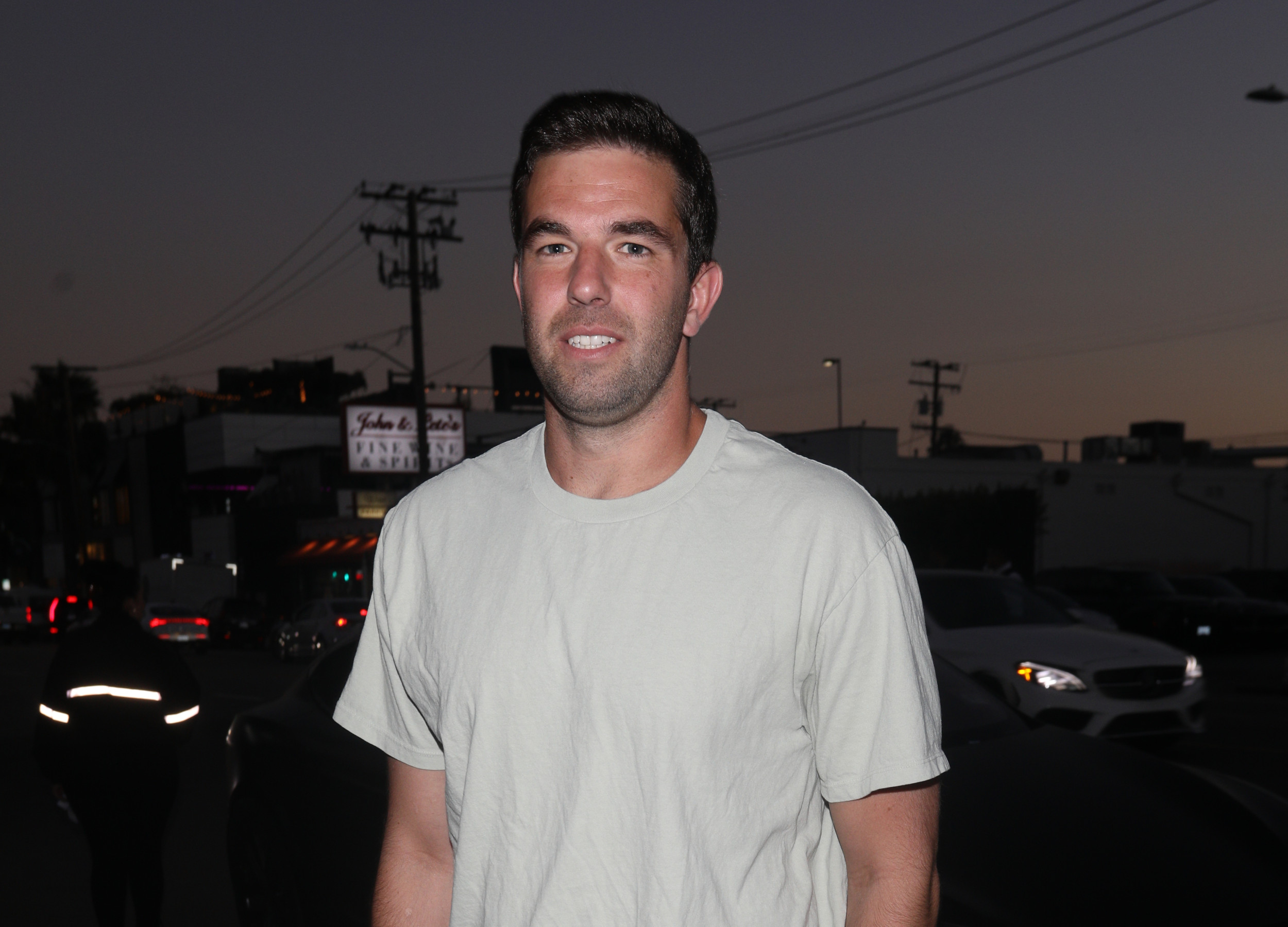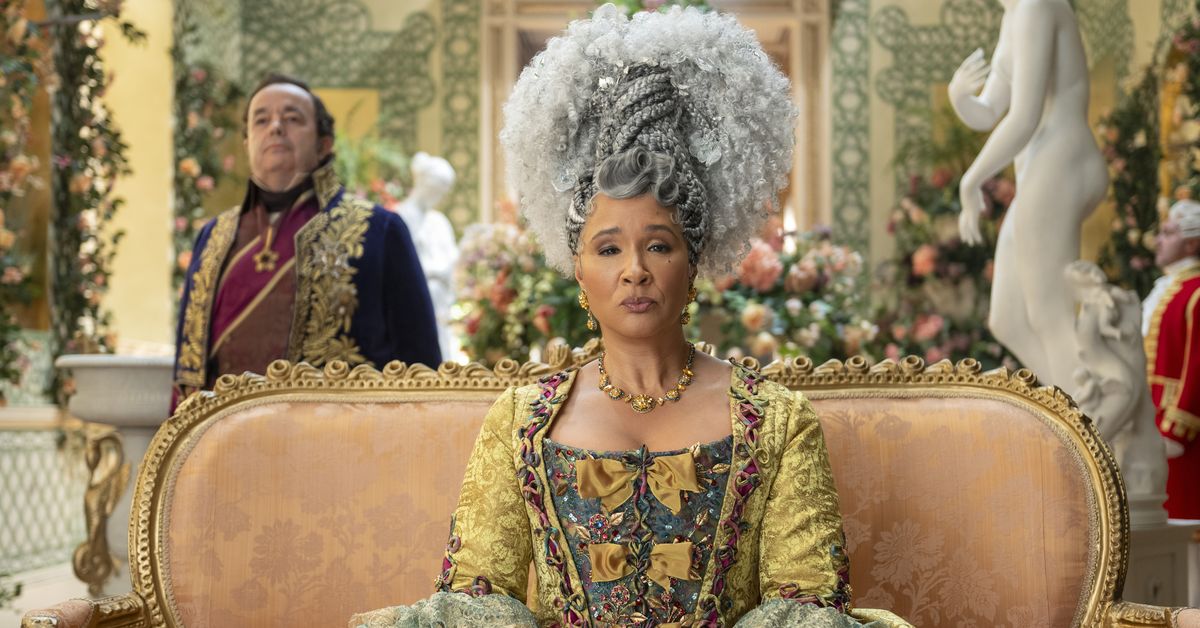A lawsuit by a heterosexual woman could "open the floodgates" of discrimination cases, a coalition of city and county governments has warned the Supreme Court.
Why It Matters
On February 26, the Supreme Court will hear oral arguments in a case that, if successful, will make it easier for people to sue for discrimination because they are straight or white.
That could have a huge effect on employment law in the United States.

What To Know
On Wednesday, the Supreme Court will hear the case of Marlean Ames, who has taken a civil rights case against the Ohio Department of Youth Service.
Ames argues that her gay boss overlooked her for promotion because she is straight and gave the job to a less qualified gay employee.
She says she was later demoted and her job given to another gay employee.
Her case has become a focal point for arguments over what is termed discrimination, where, for example, a Black manager discriminates against a white employee or a gay manager discriminates against a straight person.
Ames' lawsuit argues that straight and white people should have to meet the same level of proof as a gay or Black person claiming discrimination.
At present, those in a majority of the population, such as white or straight people, have the burden of showing discrimination. If the employer can show an alternative explanation for the alleged discrimination, that burden is then placed back on the employee to show that alternative explanation is not accurate.
Minority employees have only to show that the circumstances point to discrimination.
In an amicus or 'friend of court' briefing to the Supreme Court, the Local Government Legal Center, the National Association of Counties, the National League of Cities and the International Municipal Lawyers Association warned that the Ames case "assails [the] foundational standard" of federal civil rights law.
The claim she is using "friend of the court" filings from groups who are "on the same bandwagon" as Ames and who are seeking "a looser standard that is all but certain to open the floodgates of litigation."
Amicus or "friend of the court" filings are expert opinions filed in court, usually to assist one side of a legal argument.
The filing by the various local government organizations also states that the existing federal rules play a "crucial role in weeding out meritless discrimination claims."
Changing the standard doesn't help anyone "other than would-be plaintiffs with spurious claims."
"It would exacerbate the already significant burdens of employment litigation, particularly for public employers—which provide essential services to their communities, operate with uniquely constrained budgets, and ultimately answer to the public," the filing states.
In a February 7 court filing, Marlean Ames' lawyer, Edward Gilbert, argued that courts should apply the same terms and standards to all who seek employment protection under the Title VII of the Civil Rights Act of 1964.
What People Are Saying
Edward Gilbert, argues that in the Sixth Circuit, which includes Ohio: "Judges must actually treat plaintiffs differently, by first separating them into majority and minority groups, and then imposing a 'background circumstances' requirement on the former but not the latter. In other words, to enforce Title VII's broad rule of workplace equality, courts must apply the law unequally."
What Happens Next
The Supreme Court will hear oral arguments on February 26 and will then spend several months deciding the case and writing opinions. A final decision will likely come later this year or possibly early next year.





.jpg)














 English (US) ·
English (US) ·